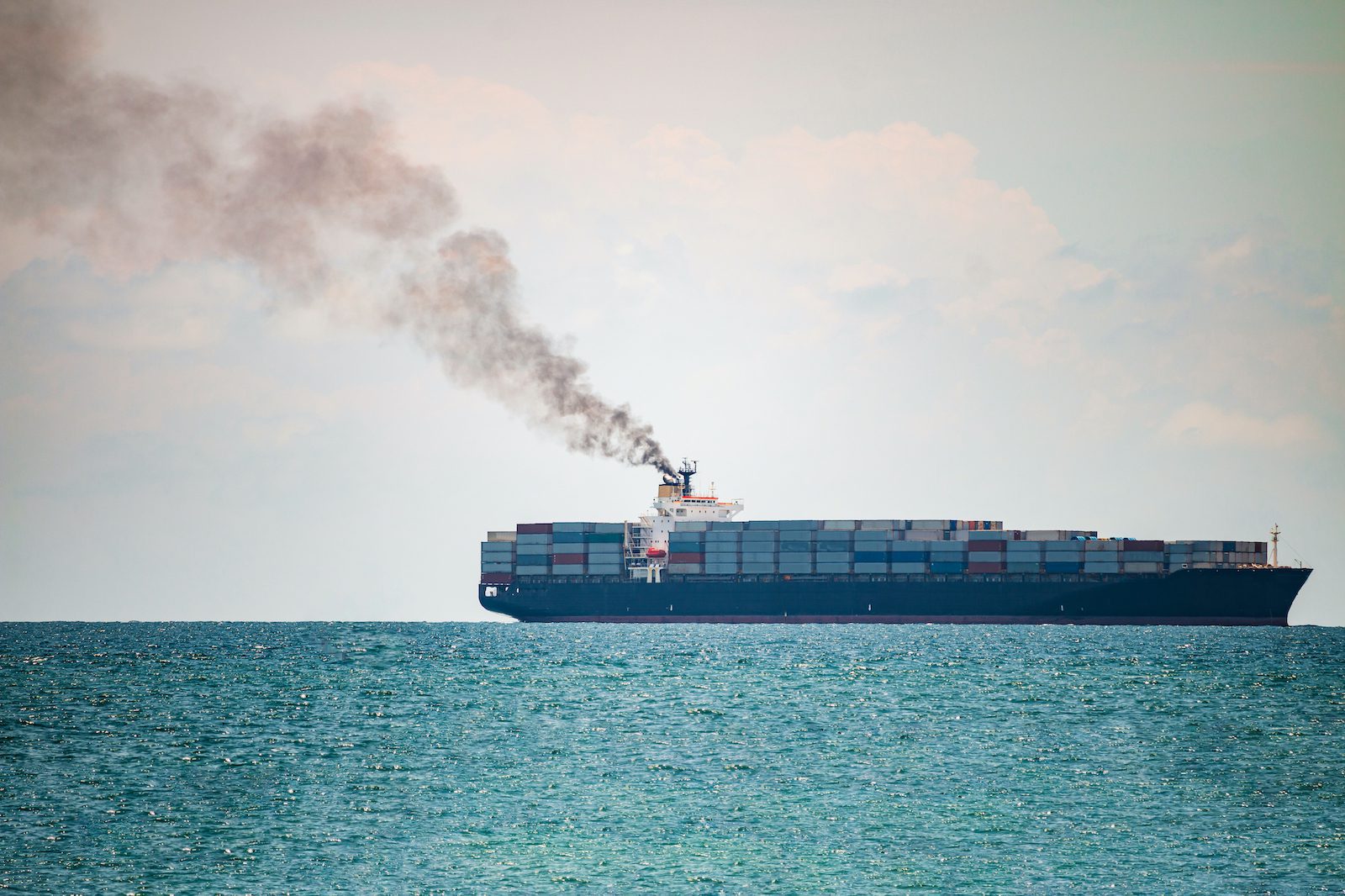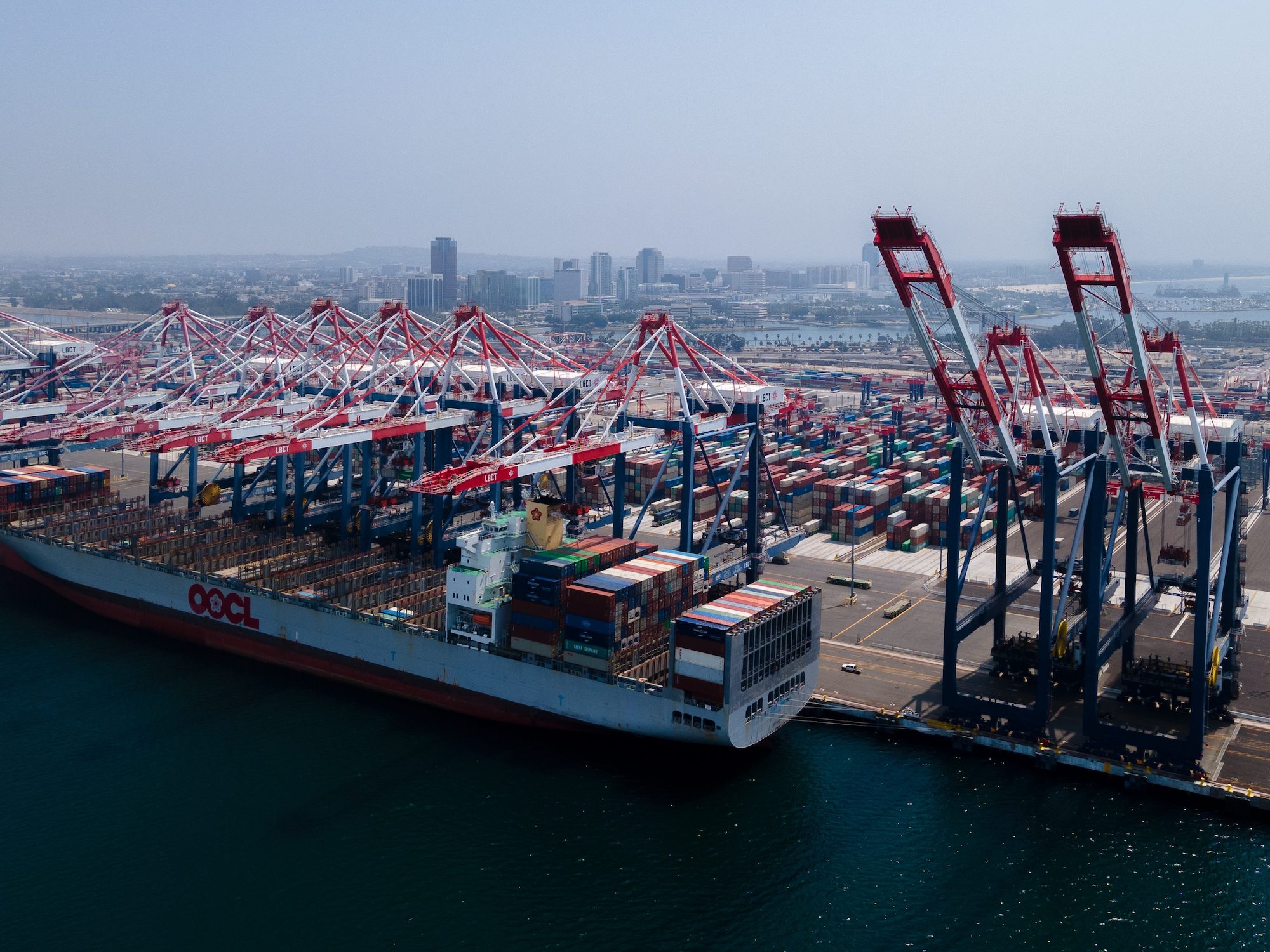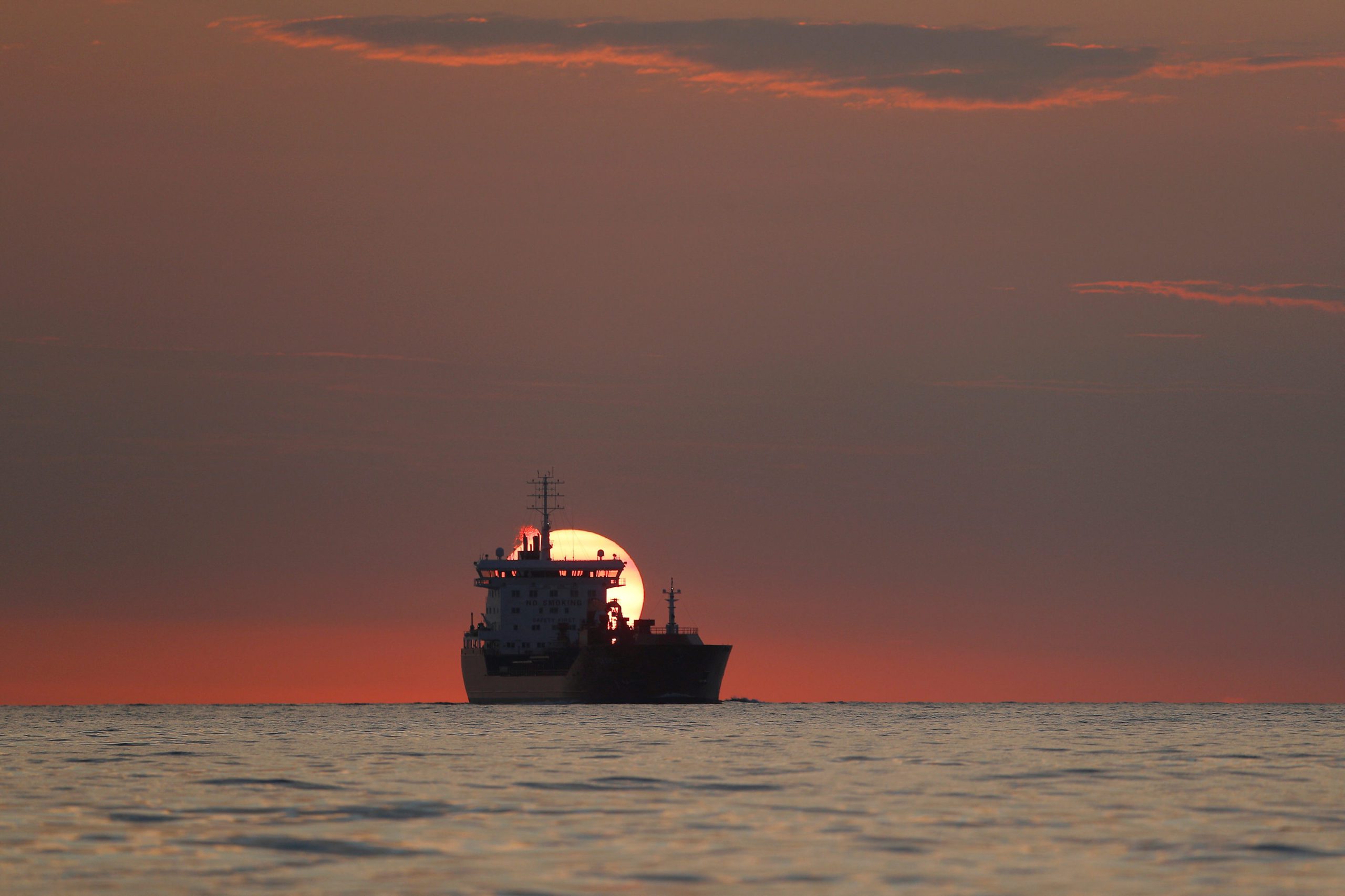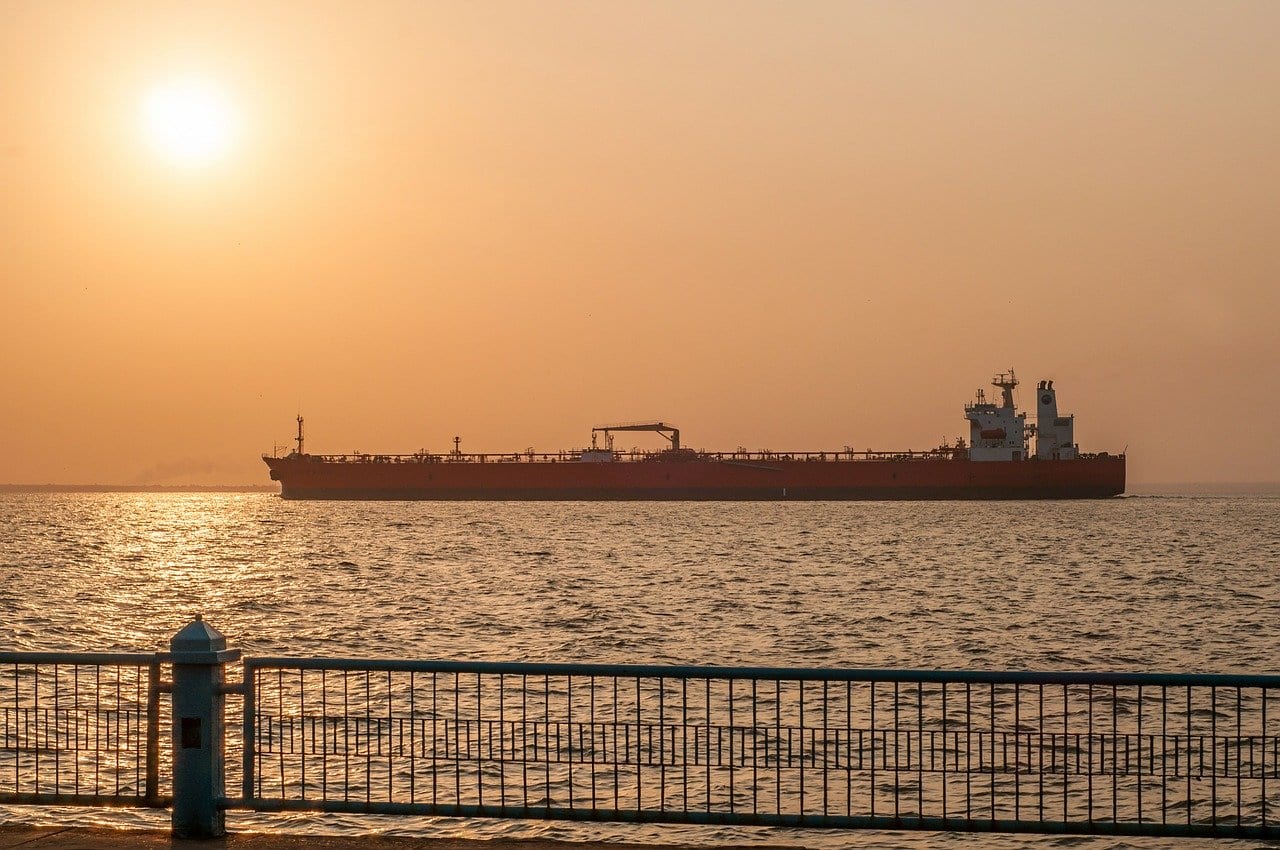The maritime industry faces mounting tensions over decarbonization as ABS Chairman and CEO Christopher J. Wiernicki has called for the International Maritime Organization to pause and reconsider its Net Zero Framework, highlighting significant concerns about implementation feasibility.
“Shipping and the IMO are on different trajectories. There is no clear pathway for green fuel availability and scalability and infrastructure support. LNG and biofuels are mission critical to any success and should not be overlooked, over penalized or discarded in the Net Zero regulation. Quite frankly, achieving net zero for shipping by 2050 looks like a wildcard,” Wiernicki stated at the launch of the 2025 ABS Sustainability Outlook in London.
The ABS chief’s comments come at a critical moment as the IMO’s Net Zero Framework faces formal adoption in October 2025, with implementation scheduled for 2027. The framework, which would be the first in the world to combine mandatory emissions limits and greenhouse gas pricing across an entire industry sector, was approved by the Marine Environment Protection Committee during its 83rd session in April 2025.
Wiernicki emphasized that the industry requires “a framework that marries ambition with reality,” noting that “the mechanics need to be thought through.” He pointed out that emissions remain 121 percent above the 2008 baseline while compliance costs continue to compound.
The latest ABS Sustainability Outlook reveals that despite progress on carbon intensity, shipping’s absolute emissions continue to climb. The report models how a typical vessel trading within the EU could see daily operating costs increase from approximately $15,000 in 2028 to around $45,000 by 2035, highlighting the economic challenges facing shipowners.
Wiernicki articulated a three-part approach to maritime decarbonization: “70 percent fuel selection, 15 percent energy efficiency, and 15 percent performance optimization.” He emphasized that the 30 percent beyond fuel selection is where software plays a pivotal role and offers the most immediate and scalable gains, given the current scarcity of alternative fuels.
The ABS chief advocated for protecting “the bridge” – LNG with methane-slip controls and credible bio-/e-LNG pathways – while extending “the runway” through energy efficiency technologies and onboard carbon capture. These measures, he suggested, would prepare the industry for “the endgame: nuclear and zero carbon fuels when they are safe, insurable and investible at scale.”
Notably, the ABS Outlook acknowledges the game-changing potential of nuclear propulsion technology beyond 2035, a perspective that aligns with recent industry developments. Just last week, ABB signed a memorandum of understanding with Swedish nuclear energy company Blykalla to support the deployment of small modular lead-cooled reactors for maritime applications, as reported by gCaptain.
Meanwhile, the Trump Administration has mounted significant opposition to the IMO’s Net Zero Framework, characterizing it as “effectively a global carbon tax on Americans levied by an unaccountable UN organization.” The administration has warned of retaliatory measures against countries supporting the framework, including tariffs, visa restrictions, and port levies.
The administration’s statement claims the framework would “conveniently benefit China by requiring the use of expensive fuels unavailable at global scale” while precluding “the use of proven technologies that fuel global shipping fleets, including lower emissions options where U.S. industry leads such as liquified natural gas (LNG) and biofuels.”
This position aligns somewhat with Wiernicki’s concerns about LNG being “over-penalized in the early 2030s although it underpins blue fuels, keeps hard-to-abate segments compliant, and buys time for zero-carbon fuels.”
In contrast, the International Chamber of Shipping (ICS), representing over 80% of the world merchant fleet, has formally backed the IMO’s Net Zero Framework. ICS Secretary General Thomas A. Kazakos stated in July that “the IMO needs to formally adopt the Net Zero Framework in October to send a clear signal to industry and provide the incentive needed to produce these cleaner fuels.”
The IMO Net-Zero Framework is scheduled for adoption during an extraordinary session of the Marine Environment Protection Committee in October 2025. If adopted, detailed implementation guidelines would follow in Spring 2026 before the measures enter into force in 2027. The framework would become mandatory for large ocean-going ships over 5,000 gross tonnage, which emit 85% of the total CO2 emissions from international shipping.
The initial framework was passed by 63 states, with 16 voting no and 24 abstentions. Sources indicate it remains unclear if it could pass if more countries abstain in the face of U.S. pressure. The outcome of this October vote will have profound implications for the maritime industry’s decarbonization pathway and global shipping costs for decades to come.

 Join The Club
Join The Club











